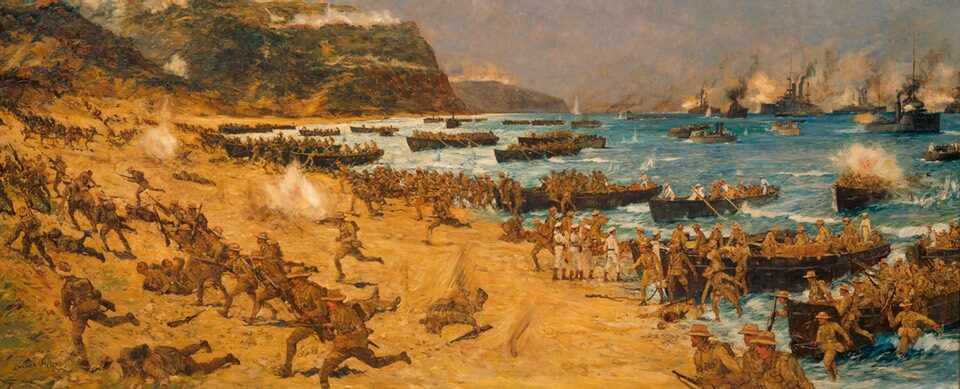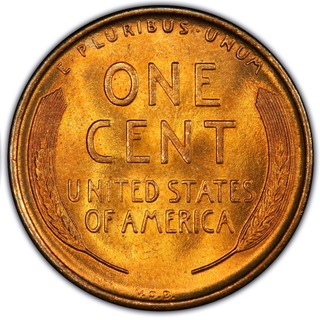
Podcast: Play in new window | Download (Duration: 31:30 — 28.9MB)
Subscribe: Google Podcasts | Spotify | Android | RSS | More
 In the final part of my conversation with Scott Reynolds Nelson, author of Oceans of Grain, we move on to empire. The earliest city states in Mesopotamia built their fortunes on their position astride grain transport routes. Still today, the ability to tax grain as it moves and to control that movement is a source of political and commercial power around the world. Nations also need to remember the need to feed the forces that exercise their power, which is often more important than materiel. And quite by coincidence, publication day celebrates the American War of Independence.
In the final part of my conversation with Scott Reynolds Nelson, author of Oceans of Grain, we move on to empire. The earliest city states in Mesopotamia built their fortunes on their position astride grain transport routes. Still today, the ability to tax grain as it moves and to control that movement is a source of political and commercial power around the world. Nations also need to remember the need to feed the forces that exercise their power, which is often more important than materiel. And quite by coincidence, publication day celebrates the American War of Independence.
Wrapping up this trilogy, I must add that there is much, much more to the story. It it impossible for me to single out any favourites, but I assure you that Oceans of Grain is well worth reading.
Notes
- Scott Reynolds Nelson’s book Oceans of Grain is published by Basic Books.
- In case you missed them, the first episode in this trilogy covers grain and transport and the second, grain and finance.
- Transcript, finally.
- Banner image from The landing at ANZAC, April 25 1915, by Charles Dixon. Cover image, a 1909 wheat penny, minted to commemorate the centenary of Abraham Lincoln’s birth and, not coincidentally, using wheat as a symbol of the United States’ empire.

These episodes are so great. I loved every minute.
Thanks Google. Three of the top 10 search terms that brought people to my podcast site involved wheat pennies. Alas, none wanted to hear about wheat and the growth of empires. eatthispodcast.com/empire-grain/
Jeremy Cherfas speaks with Scott Reynolds Nelson about his book Oceans of Grain. The conversations are broken up into the themes of transport, finance and empire. This series of conversations is not so much a history of wheat, but rather a history through wheat. It is fascinating to consider the impact that grain has had on so many significant historical events. I remember hearing Marilyn Lake talk about having a global perspective, this is a great example of this.
This summer, a polymath biologist @EatPodcast asked me tough q’s about Oceans of Grain
Prequel: Persephone’s secret eatthispodcast.com/grain-persepho…
1: Grain & Transport
eatthispodcast.com/transport-grai…
2: Grain & Finance
eatthispodcast.com/finance-grain/
3: Empire & Grain
eatthispodcast.com/empire-grain/
First time listener here. What a fascinating show. Looking forward to more and catching up with the earlier episodes.
This third chat about Oceans of Grain, brings us to empire, and a crucial difference between robbers and empires: robbers move around to steal what they want, empires stay put and steal what moves through them. @nelsonhist explains that, and much more. eatthispodcast.com/empire-grain
This third chat about Oceans of Grain, brings us to empire, and a crucial difference between robbers and empires: robbers move around to steal what they want, empires stay put and steal what moves through them. @nelsonhist explains that, and much more. eatthispodcast.com/empire-grain
This third chat about Oceans of Grain, brings us to empire, and a crucial difference between robbers and empires: robbers move around to steal what they want, empires stay put and steal what moves through them. @nelsonhist explains that, and much more. eatthispodcast.com/empire-grain